"I'm hungry!"
This is the cry of nearly 1 billion people in the world every day. Three billion cannot afford to eat a healthy diet and it is estimated that 700 children under the age of five die each day. The crisis of famine—the most severe kind of hunger -- is looming in several African countries.
Hunger is more than an empty stomach and being thirsty. Chronic hunger lasting more than a year leads to stunted growth and brain damage in children.
According to the World Food Program, hunger is predictable, preventable, and treatable. Enough food is produced in the world to feed everyone. So, why is hunger a problem?
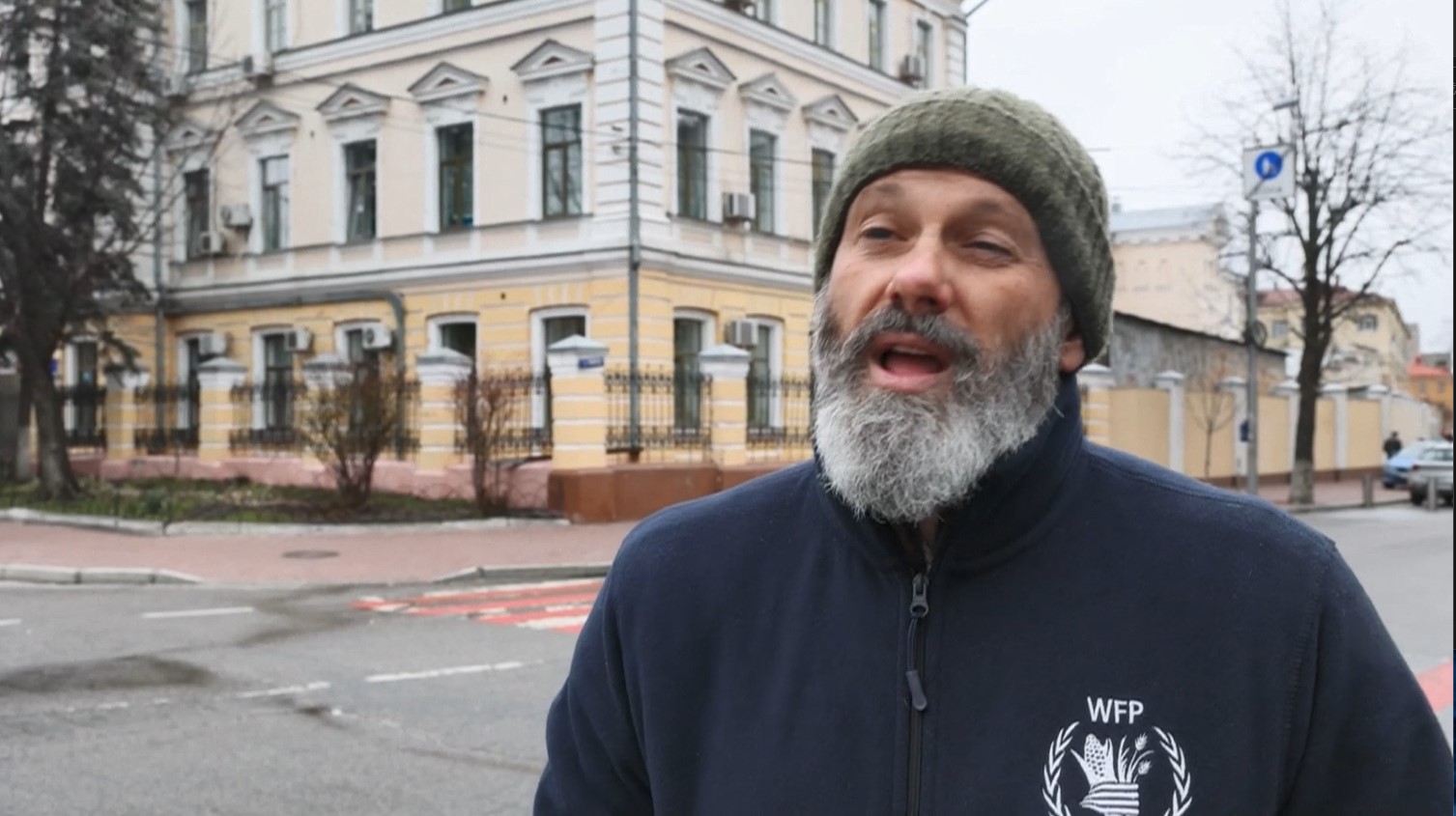

Inequality, conflict, climate change and pandemics like COVID-19 are the main culprits. Since the pandemic began, progress in the UN’s Sustainable Development Goal of Zero Hunger has been stalled and even reversed in many developing nations. Poverty and the lack of access to good food leads to malnutrition. Seventy five percent of malnourished people live in conflict zones. Desertification and rising waters because of climate change make food production difficult.
The United Nations, affiliated NGOs and many charities are working tirelessly to combat this problem. The Committee on Teaching About the United Nations (CTAUN) presented a Webinar, “Hunger: Many Causes, Many Solutions” on Friday, March 3, 2023 at 1:00 pm (NYT) to address the causes, the progress being made toward a solution, and ideas on how you can help.
Panelists representing World Food Program, UNICEF, as well as from international and local organizations, showcased the many ways hunger can be addressed.
Panelists included:Ramu Damodaran(Moderator)
RAMU DAMODARAN
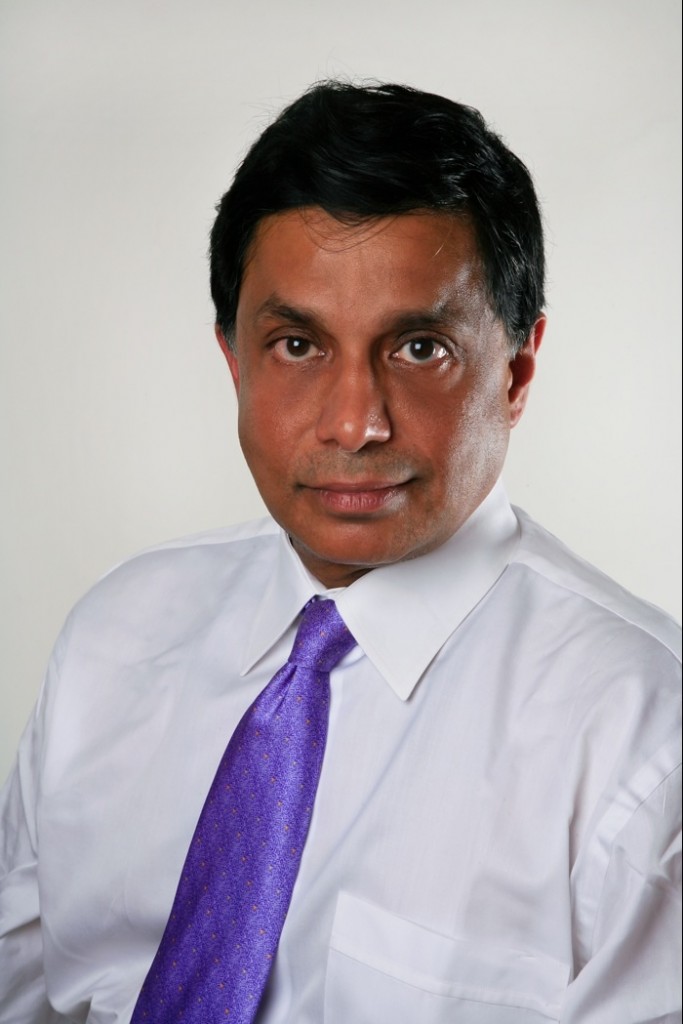
Ramu Damodaran is Chief of the United Nations Academic Impact initiative, which aligns institutions of higher learning and research with the objectives of the United Nations and the States and peoples who constitute it. He is also the current secretary of the United Nations Committee on Information. His earlier posts with the Organization have included the Departments of Peacekeeping and Special Political Questions, as well as the Executive Office of the Secretary-General.
Alisha Antonetti,Teens for Food Justice;
ALISHA ANTONETTI

Alisha Antonetti was born and raised in Bronx, NY. She currently resides in Brownsville, Brooklyn, and is a seventh grade student at the Brownsville Collaborative Middle School for Agriculture and Technology. After overcoming a number of significant life changes during the pandemic, Alisha rediscovered her passion for community by joining her school's Student Council, and participating in her school's Teens for Food Justice hydroponic farm. She never lost sight of those in need, which inspired her to partner with her school to launch a community fridge. In her free time, Alisha enjoys giving back through community service.
Harmonie Bucher,UNICEF;
HARMONIE BUCHER
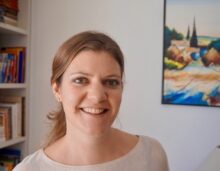
Harmonie works on early childhood nutrition with a focus on the prevention of stunting for young children. Prior to joining UNICEF, she worked in the public health policy financing sector and was based in the Islamic Republic of Mauritania. Some previous experiences include working in the Northern Western part of India, supporting the community level health and nutrition service providers and strengthening the referral process to public health care, and working in the broader sustainable development agenda in Switzerland. She holds a Master of Sciences in International and Inclusive Development from Kings College London in the UK.
SELLY MUZAMMIL
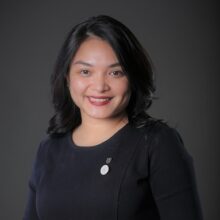
Selly is a humanitarian professional, with a passion for food security, diplomacy, innovation, and lifesaving efforts. She currently serves as Partnerships Officer of the World Food Programme (WFP) Office in New York – a role she assumed in Summer 2021. During her 15+ years of United Nations career with WFP, working in both humanitarian and development context, Selly served in various roles at country, regional and headquarters levels. Prior to New York, Selly has worked for over a decade in the Middle East region – in her last assignment, she served as Head of Government Partnerships at WFP’s Regional Bureau for the Middle East North Africa, Central Asia and Eastern Europe, based in Cairo, Egypt. A native of Indonesia, Selly first joined WFP early 2005, as part of the Aceh Tsunami Emergency Response team. She holds a Master’s degree in International Studies from the National University of Singapore (NUS) and is recipient of NUS Outstanding Young Alumni Award 2019.
World Food Program;Magnus MacFarlane-Barrow,
MAGNUS MACFARLANE-BARROW

Mary’s Meals is a global charity that provides meals for more than 2.2 million of the world’s poorest children. The nutritious food attracts children to the classroom, where they can gain an education and a route out of poverty. A CNN Hero award recipient for his work in 2010, Magnus was also named one of Time magazine's ‘100 most influential people in the world’ in 2015. His first book, The Shed That Fed A Million Children, made the prestigious Sunday Times bestseller list. Originally a fish farmer in Argyll, Scotland, Magnus and his brother were so moved by reports on the Balkan War in 1992 that they took leave from their jobs, loaded a jeep with aid and travelled to Bosnia to distribute it.
Mary's Meals:Kirk PrichardConcern Worldwide.
KIRK PRICHARD
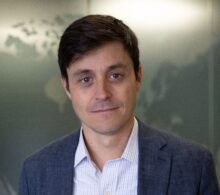
As the Vice President of Programs for Concern Worldwide U.S., Kirk manages the team responsible for all US-funded programs and policy at Concern, a portfolio totalling more than 70 million USD in 18+ countries, reaching over 8 million persons.
Kirk also oversees Concern’s involvement in a growing collection of consortia programs designed to improve humanitarian coordination and response, namely the “National NGO Program on Humanitarian Leadership, “Building a Better Response,” and “Local Capacity Strengthening for Response.” Kirk has personally facilitated over 50 workshops on these and other topics, training more than 1,000 humanitarian professionals in practically every humanitarian setting. In addition to these training programs, Kirk oversees a research program titled ‘Beyond Barriers,’ which looks at financing and human resource constraints to scaling localization.
He brings to his role more than a dozen years of experience, including humanitarian deployments with Concern in Afghanistan; the 2011 Horn of Africa food security crisis; the 2013 Typhoon Haiyanin the Philippines; the April 2015 earthquake in Nepal; the ongoing Syria Crisis; the 2016 Burundi emergency; 2017 Somalia food security crisis; and current Ukraine emergency. During his tenure with Concern, he has worked in and with 21 country programs on everything from monitoring and evaluation to capacity building to project design.
A proud native of New Jersey, Kirk received his Master’s degree in International Humanitarian Action from the University of Groningen in The Netherlands.


